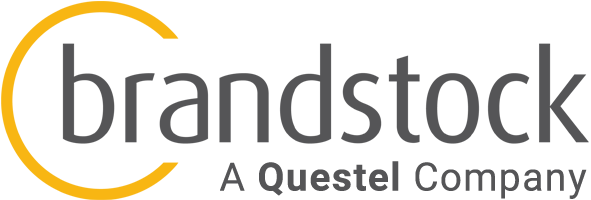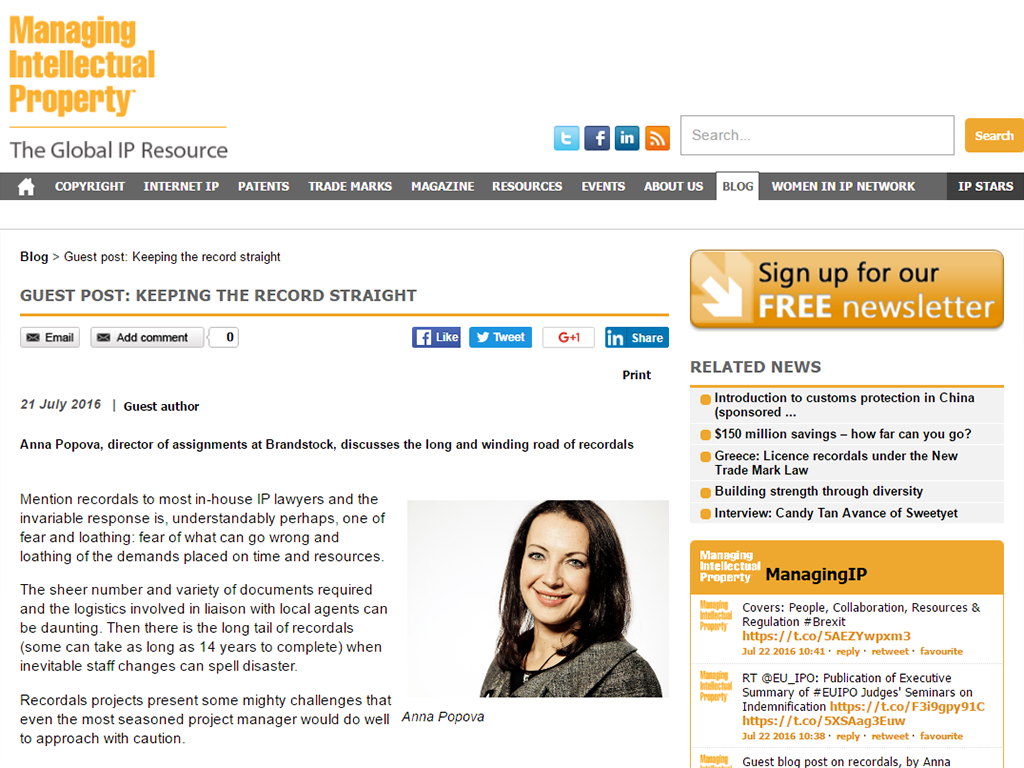Making sure your legal docket is an effective resource can be a challenge, but the good news is there are straightforward actions you can take to keep things clean and efficient.
Brandstock’s approach to docketing gives you peace of mind that your legal docket is accurate and productive, while removing large parts of the administrative burden associated with it and future-proofing your internal process to ensure the docket stays clean into the future.
There are two strands to the benefits you can get from using an external partner to help manage your docket.
First, there are the things you can do with external help to improve your own internal legal docket, and second, there are the docketing systems used by Brandstock itself to manage your work with them.
Relying on experts can be the best solution for your brand:
schedule your FREE phone advice on IP recordals!
Making your legal docket work for you
Chances are, your internal legal docket contains errors and omissions. It’s almost inevitable when you have a lot of different IP assets registered in multiple countries that some of the information will be incomplete or inaccurate.
This could be the case because of human error in your organisation or on the part of your local agents, or it may reflect inaccuracies in the relevant IP offices’ information. It’s particularly likely if you’ve acquired assets that some of those will contain out of date ownership information or otherwise not be available in a completely accurate form.
The best place to start is with a data audit, to assess what information in your legal docket is incorrect. This could involve working with your external partner and local agents to adequately check your data and identify inaccuracies or gaps in the docket.
You’ll need to ask yourself whether there are particular jurisdictions where your data quality is weak, or whether you have particular brands that suffer from the same problem. You can do this at various different levels, ranging from acquiring data to verify your own, ranging to engaging with local agents in each jurisdiction to verify the data. Your decision is likely to rest on the scale of the problems you think you have in your docket, but it’s generally good practice to go for the most comprehensive solution if you can.
Once you have this information you’ll be able to assess whether you need to conduct any further work beyond just importing the correct data into your docketing system. It may be that you should conduct a recordals project to correct out of date information, since inaccurate ownership details, for example, could jeapordise your ability to enforce that right in litigation.
Brandstock can help you every step of the way, from managing your data audit through to overseeing any recordals project, giving you a single point of contact for all queries and access to its unique online platform to give you real time updates on progress.
Working with a partner
The size of the challenges related to maintaining a clean and efficient docket depend to a degree on who manages your formalities work and how they do it.
If you do all the work in-house, then it still probably makes sense to engage an external partner to assist you with clean up and help you put in place working practices for the future.
However, if you use an external partner to manage parts or all of your formalities work anyway, then choosing that partner correctly is crucial.
Brandstock uses its own proprietary platforms to record and manage deadlines for clients for searches, filings, renewals and recordals. But importantly, it will work with you to establish how best to ensure that it can work with your internal systems, using third-party technology when required or through customising to create a bespoke solution. This means that whatever your legal docket looks like at the moment, Brandstock will be able to collaborate with you on your projects.
And of course, archiving important electronic and paper documents is a vital part of the process – and good external partner will have robust systems for ensuring all relevant communications are securely and effectively stored, including, if necessary, key documents such as trademark certificates. This needs to be available for prompt retrieval if required.
Your legal docket is one of the most important repositories of information in your organisation. Keeping it clean and efficient will be an investment worth making!




































